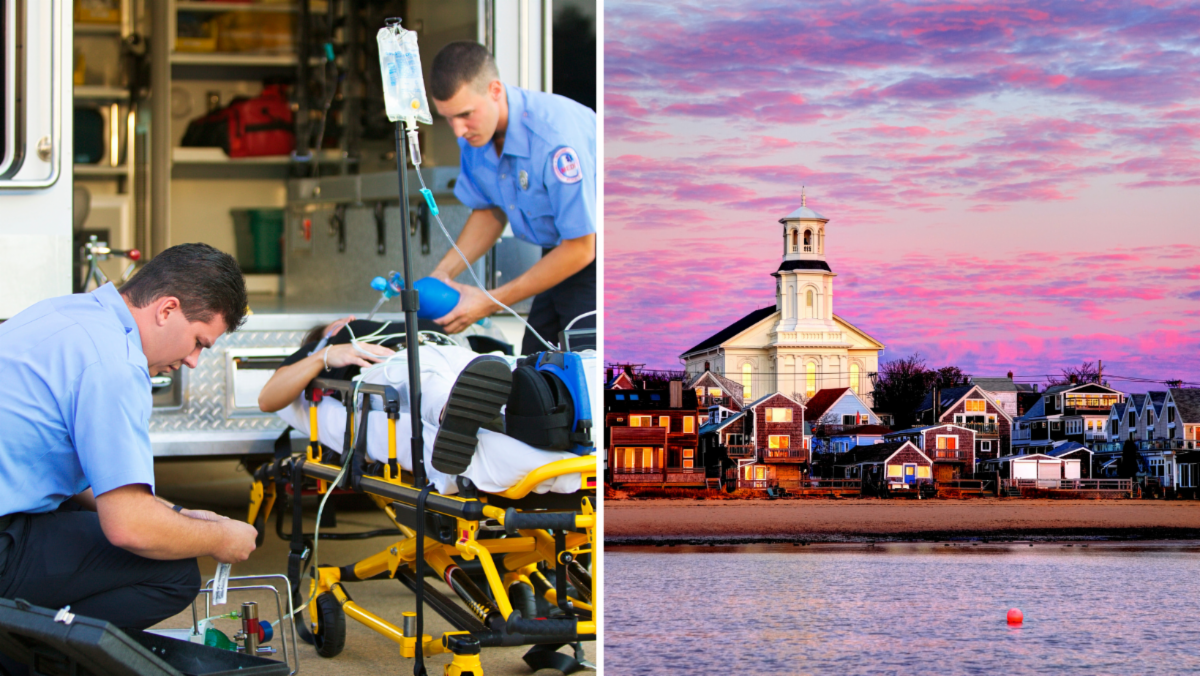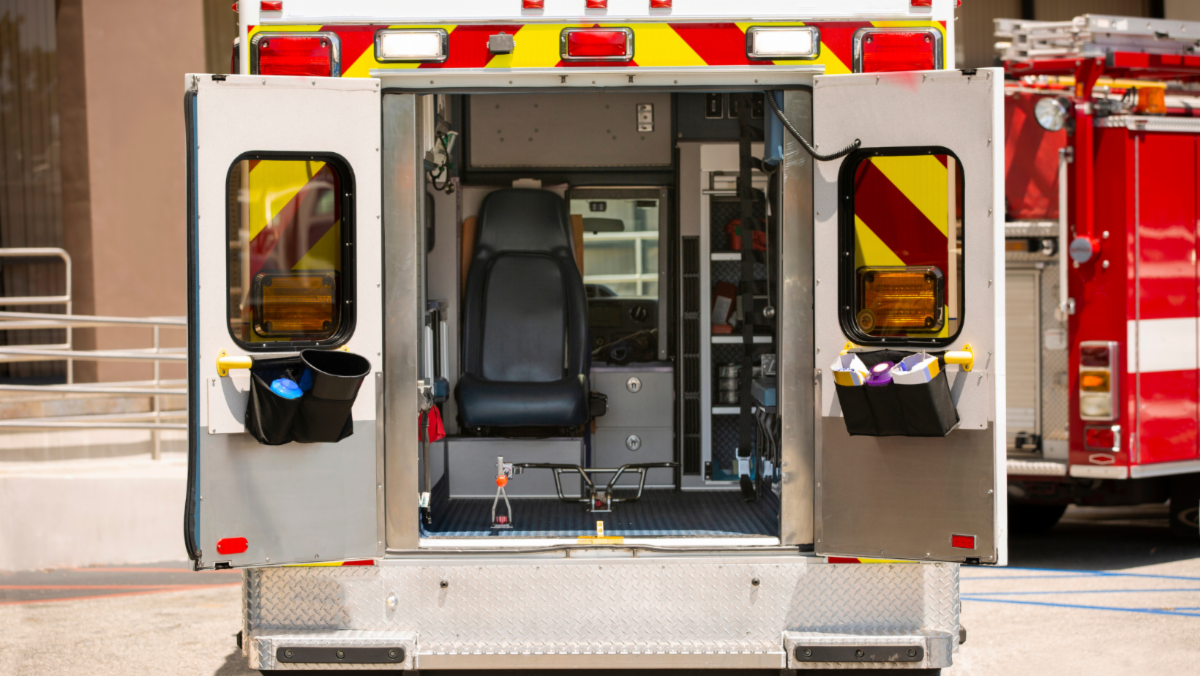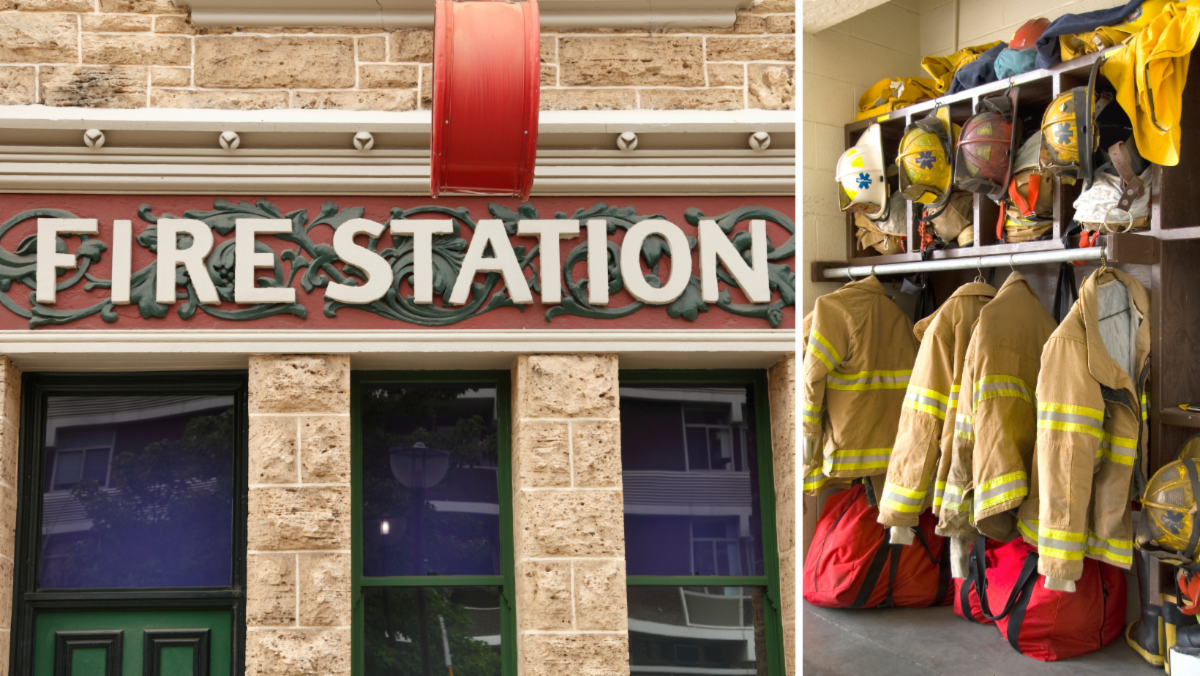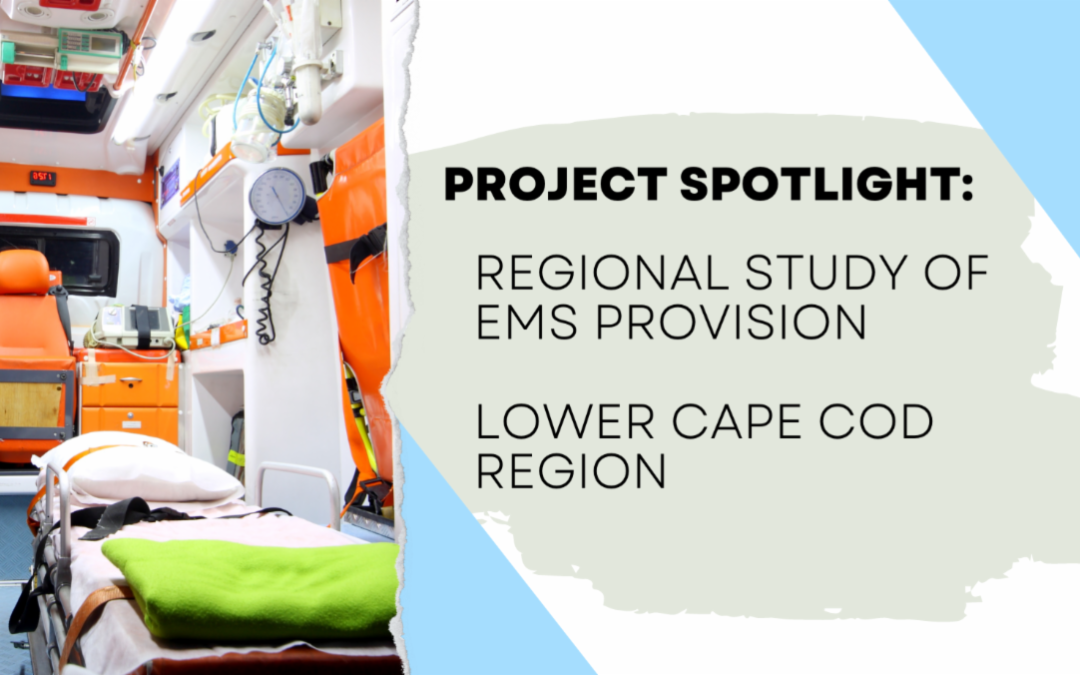Regional Study of Emergency Medical Services (EMS) Provisions Lower Cape Cod Region
Capital Strategic Solutions was solicited by the Town of Truro to conduct a study into their Emergency Medical Services (EMS) as well as the provision of EMS in the neighboring communities of Wellfleet and Provincetown. In early March of this year CSS was able to release a report detailing our findings, methodology, and recommendations. This region is currently provided for by the Lower Cape Ambulance Association (LCAA), which as many may know is a 501(c)3 nonprofit. The study looked into current provision of EMS in all three towns, gathered data on costs, response times, staffing, and demographics, all in an effort to advise concerns within Truro regarding their current contract with LCAA, and future EMS needs.
This study was conducted by Tom Impey from the CSS Team, who has had a long career in this field. Tom served in the Plainville Fire Department, working as a Lieutenant, Captain, and eventually Fire Prevention Captain for the town. Tom has served as an instructor and coordinator of public education programs at the Massachusetts Fire Academy for several years now where he coaches students through ‘live’ skills training and assists with the planning for demonstrations. Besides his work on this study for Truro, Tom has advised multiple communities and projects including the Plainridge Park Casino’s Life Safety Systems. Tom brought with him his plethora of certifications in EMS and Fire Services, his Master’s in Public Administration, and B.S. in Fire Science, giving him both the hands on and institutional knowledge to assess the EMS provisions and needs of these communities. This experience meant that tangible safety standards were at the forefront of Tom’s study, as his familiarity with guidelines were able to inform specific and clear metrics.
This study began by the Town of Provincetown’s decision to explore providing its own EMS service through its Fire Department, raising concern within Truro of the cascading implications this would have on their contract with LCAA, likely resulting in an increase in their contractual obligation. With this in mind the study compiled data from a myriad of metrics to weigh their options.

Tom shaped the study’s methodology into 5 phases to examine the current provision of service, it’s effectiveness and sustainability. Phase 1 consisted of reviewing past studies and gathering demographic data from each community. Phase 2 consisted of interviewing stakeholders to determine the EMS apparatus inventory and staffing. And phase 3 gathered data including the volume of runs, level of service provided, response times, billables, and receivables. Phase 4 was an analysis of current service as well as projection for future needs. Phase 5 put all this data together to review potential options and recommendations for improved EMS provisions in the region. While the totality of the details are beyond the scope of this blog, certain phases included a collection of specific metrics that played a valuable role in the findings and recommendations.
In phase one, the collection and review of demographic data covered the seasonal demographic changes to the region, as this area of Cape Cod experiences a drastic increase in population from May-September. This phase also looked at the dependence on a per-diem workforce and the finite number of ambulances in supply, evaluating these conditions in the event of a mass casualty incident. In phase 2 interviews were conducted with representatives from the towns of Truro, Provincetown, and Wellfleet so as to gage individuals who contribute significantly to the Fire and Emergency Services Project Team. The list of individuals that would best serve the goals of this team includes the following…
-
- Mr. Darrin K. Tangeman – Town Manager – Town of Truro
- Chief Timothy Collins – Fire Chief – Town of Truro
- Lt. Sean Ferguson – President – Truro Firefighters Local 5281
- Chief Richard Pauley Jr. – Fire Chief – Town of Wellfleet
- Call FF Theresa Townsend – Administrative Assistant – Wellfleet Fire Department
- Lt. Curtis Gelatt – President – Wellfleet Firefighters Local 4342
- Mr. Alex B. Morse – Town Manager – Town of Provincetown
- Chief Michael Trovato – Fire Chief – Town of Provincetown
- Mr. Steven Roderick – Chief Financial Officer – Lower Cape Ambulance
It should be noted that the representatives from Lower Cape Ambulance Association were able to provide vital insight based on their experiences working in this capacity over many years. These interviews identified the apparatus and licenses in place which allow for Advanced Life Support service (ALS). A list of the analyzed data includes…
-
- Total EMS runs by quarter ALS
- Total EMS runs by quarter BLS
- Payer-mix profiles
- Gross Billables STUDY OF EMS PROVISION TO LOWER CAPE COD 03/01/2022
- Gross Receivables
- Average response times (Wellfleet)
- Average transport times (Wellfleet)
- Projections for future growth of EMS

This study took great lengths to collect personalized information and data, to meet the situation and goals in this region of Cape Cod. This pertains primarily to the demographic data collected, as the study made a point to differentiate the year-round baseline population, and separately examine the summer tourism increase. For much of the year, Truro alone has the population consistent with a small town of around 2,400 residents. In the summer months however, this can increase to up to 25,000. This creates changes in population density between the two seasons which greatly affects EMS staffing guidelines. The other notable feature examined in this study, which is specific to this region of Cape Cod, is the distance from the towns to the nearest hospital. Cape Cod Hospital in Hyannis is about 40 miles away by car. This distance poses a challenge to transport and turnaround times in the summer especially when considering the increased traffic. This study looked to examine these features in particular and dedicated a great deal of time to fully understanding them so as to give this region a personalized and thought-out recommendation. Solutions work best when they are tailored to the community they are addressing, and by focusing on these unique features that EMS providers in Truro, Wellfleet, and Provincetown face, the recommendations then have a greater chance of succeeding.

Findings & Recommendations
Given this collection of data and analysis, the findings of this report paint a picture of the current state of EMS services in the region, areas of improvement, and current assets. As mentioned previously, the drastic change in community demographics in the summer leads to slower response times and limited ambulance availability during transports. Another finding that is somewhat unique to this region is providing service in what can be considered a rural area. The cost of living in this region, based on property values of homes, can be considered high. This leads to many current and potential EMS and fire employees being forced to live at a distance from where they work, affecting their availability for shifts, and constricting the labor pool.
Other findings concerning LCAA more specifically refer to the unique nature of having EMS provided by a nonprofit organization with over 80 years of experience. LCAA currently provides services to Provincetown and Truro, as Wellfleet left some time ago to operate municipal fire EMS, using LCAA only for mutual aid. LCAA provides Truro with one Class III ambulance that is staffed and supplied for ALS. When additional ambulances are needed for multiple calls, the LCAA staff will operate ambulances that are owned by the fire departments of Truro and Provincetown, and the revenue generated from these transports goes directly to LCAA. The system has worked well for the last 80 years, but has become overburdened with stress as the communities have grown in population, creating conditions where it can be difficult for LCAA to fulfill it’s obligations.
All this is to inform communities on the status of their EMS provisions, and to build realistic recommendations for improved services. In this respect, the information collected on Wellfleet’s municipal EMS was able to inform the feasibility of a similar undertaking in either Truro or Provincetown. For both the towns of Truro and Provincetown it was recommended in the short term to continue providing service through LCAA with contractual revisions, and in the long term establish municipal fire-based EMS services.
“The depth and detail of this study has allowed our community to make informed decisions about how our EMS provision operates. Conducting a study like this ensures that all our decisions can be guided by data that reflects the needs in our community. Tom’s years of hands-on experience in Fire and EMS, his background and knowledge of the industry were invaluable to this process as we were confident the report was being done by someone who has been in our shoes and understands our responsibilities.”

The recommendation to switch to a municipal fire department-based EMS provision comes from a variety of benefits that would suit the needs of these communities. In both Provincetown and Truro, the funds expended on LCAA contracts with current billing receipts would cover nearly all the expenses needed to establish a fire-based EMS. This system would also provide more direct in-house control over quality assurance factors, like quality of patient care and response times. This increase in accountability would also make mutual aid agreements more transparent and effective at balancing the needs of the multiple communities. And the increase in staff from a fire-based EMS could also result in improved Insurance Services Office Public Protection Classification in which the homeowners within the community could receive a positive impact on their insurance rates.
The entirety of this study covers far more detail than can be easily presented in this format, as Tom’s diligence covered a myriad of factors. But his dedication to uncovering every stone in this study has given these communities the data to support and inform their future plans. The findings and conclusions of this report are based on specific and tailored data analysis, so as to give an equally specific and tailored recommendation. The CSS team has long understood that communities need personalized solutions to match their needs, and not transposed cookie cutter formulas. While many communities may have similar stresses to their emergency medical services the remedy to those stresses will be different for each community. It takes a great deal of forward thinking to dedicate this kind of data analysis to decision making. The Town of Truro and the Town of Provincetown have used this report as they move forward with some, or all of the recommendations made. It is with great excitement that our team looks on to see how these communities will evolve to meet their needs.

